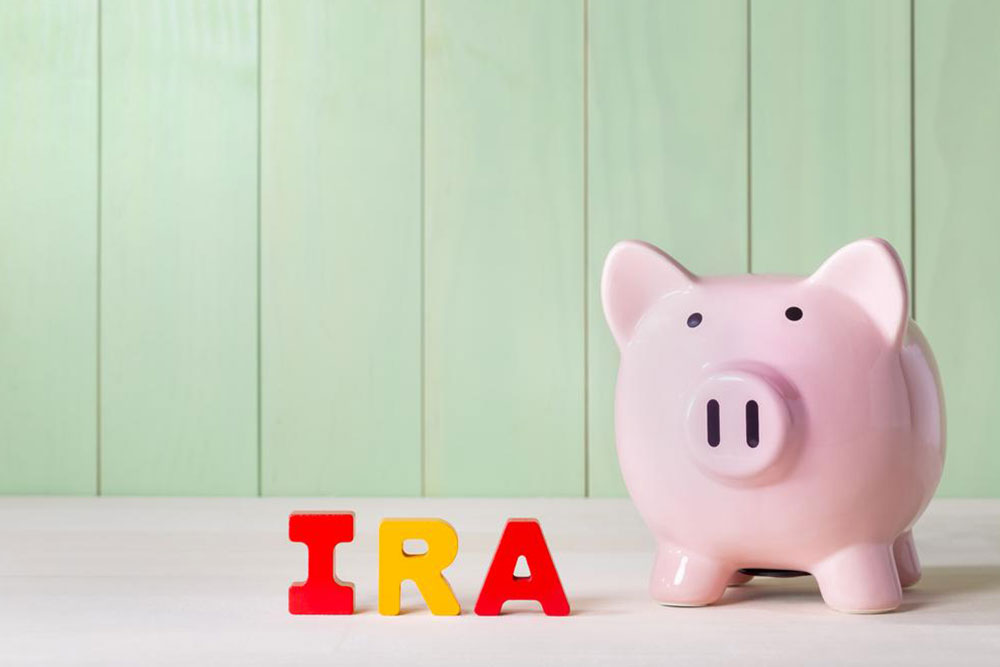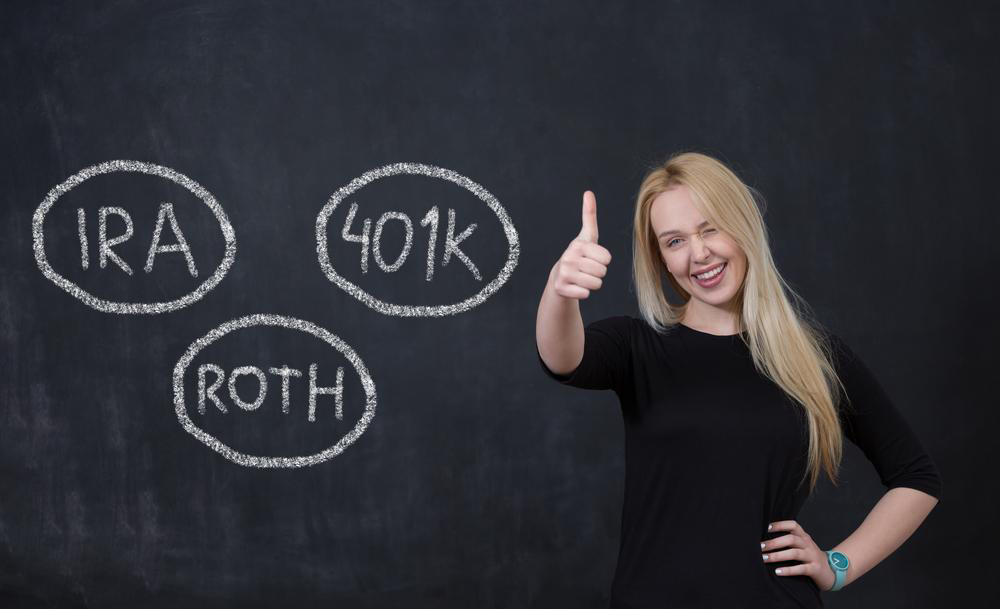Comprehensive Guide to Retirement Investment Accounts You Should Know
This comprehensive guide explores essential retirement investment accounts, including employer-sponsored plans like 401(k) and 403(b), as well as options for self-employed individuals such as Solo 401(k), Simple IRA, and SEP IRA. Learn how to maximize your savings, choose the right account for your needs, and plan effectively for a secure future. Early and strategic planning is vital for building a comfortable retirement, and understanding these accounts can help you make informed financial decisions to secure your future stability.

Strategic Planning for a Secure Retirement: Essential Investment Accounts
Preparing for a comfortable and financially stable retirement is one of the most important goals for many individuals. Ensuring that your financial future is secure requires early and thoughtful planning, especially when it comes to choosing the right investment and savings options. The variety of retirement accounts available today can seem overwhelming, but understanding their features, advantages, and contribution limits can help you make informed decisions that align with your retirement goals.
In this comprehensive guide, we will explore the most prominent types of retirement savings accounts. These accounts can serve as powerful tools to build wealth over time, ensuring you have a reliable income stream during your post-work years. From employer-sponsored plans to individual accounts designed for the self-employed, each option offers unique benefits suited to different employment situations and financial strategies.
Employer-Sponsored 401(k) and 403(b) Plans
Among the most popular and widely used retirement savings vehicles are the 401(k) and 403(b) plans. These employer-sponsored accounts are designed to facilitate easy savings for employees and often come with attractive features that make them appealing choices for retirement planning.
401(k) plans are typically offered by profit-driven companies and allow employees to contribute pre-tax income directly from their paychecks. This means that contributions reduce your taxable income for the year. The contribution limit for 2023 is $22,500, but individuals aged 50 and above can make catch-up contributions of up to $7,500, bringing their total annual contribution limit to $30,000. These plans often come with options for employer matching, which can significantly boost your savings—many employers contribute a percentage of the employee’s contribution, effectively providing free additional funds for your retirement account.
Similarly, 403(b) plans are designed primarily for employees working in educational institutions, non-profits, and certain government organizations. The contribution limits are comparable to those of 401(k) plans, and these accounts also allow for pre-tax contributions, growing tax-deferred until withdrawal. Both plans can typically be transferred to new employers if you change jobs, allowing you to maintain a continuous retirement savings strategy.
Solo 401(k): A Suitable Option for Self-Employed Professionals
If you're self-employed or run a business without employees, the Solo 401(k) presents an excellent opportunity to maximize your retirement savings. This account combines the benefits of traditional 401(k)s with flexibility tailored to solo entrepreneurs. You can make contributions both as an employee—up to $22,500 (or $30,000 for those over 50)—and as an employer, contributing up to 25% of your net self-employment income, with total contributions capped at $66,000 for 2023, or $73,500 for those aged 50 and above.
The Solo 401(k) plan offers high contribution limits, flexible investment options, and ease of establishment. It’s an ideal vehicle for self-employed professionals seeking to accelerate their retirement savings while enjoying tax advantages.
Simple IRA: A Cost-Effective Retirement Plan for Small Businesses
Small business owners with fewer than 100 employees often find the Simple IRA to be an attractive and straightforward option for their retirement planning needs. Simple IRAs are easier to administer than traditional employer-sponsored plans, reducing administrative overhead and costs. Employers are required to either match employee contributions up to 3% of compensation or contribute a fixed non-elective amount of 2% of each eligible employee’s salary.
Employees can contribute up to $15,500 annually in 2023, with an additional $3,500 catch-up contribution permitted for those aged 50 or older. This plan is designed to be accessible for small businesses seeking an easy yet effective way to offer retirement benefits, incentivizing employee participation while maintaining manageable compliance requirements.
SEP IRA: A Flexible Retirement Solution for Self-Employed and Small Business Owners
The Simplified Employee Pension (SEP) IRA is an excellent retirement scheme for self-employed individuals and small business owners who want a flexible, tax-advantaged way to save. SEP IRAs are simple to set up and administer, making them a preferred choice for entrepreneurs.
Contributions are made solely by the employer and can be up to 25% of an employee’s compensation or $66,000 in 2023, whichever is lower. This percentage-based contribution allows for significant flexibility, enabling business owners to adjust contributions according to profitability. Additionally, SEP IRAs facilitate tax-deferred growth, helping you accumulate wealth over time efficiently.
Depending on your employment status and business structure, selecting the appropriate retirement account can be crucial for optimizing your savings and minimizing taxes. It’s important to evaluate which plan aligns with your income levels, employment situation, and retirement goals to ensure a comfortable and financially secure future.
In summary, your choice of retirement savings account should consider factors such as contribution limits, administrative complexity, potential employer matching, and your employment status. Early planning and regular contributions are key to building a robust retirement nest egg. Consulting financial advisors or retirement planning experts can further refine your strategy, ensuring you make the most of these investment vehicles. Remember, the sooner you start saving, the more you benefit from compound growth, increasing your chances of enjoying a worry-free retirement.





